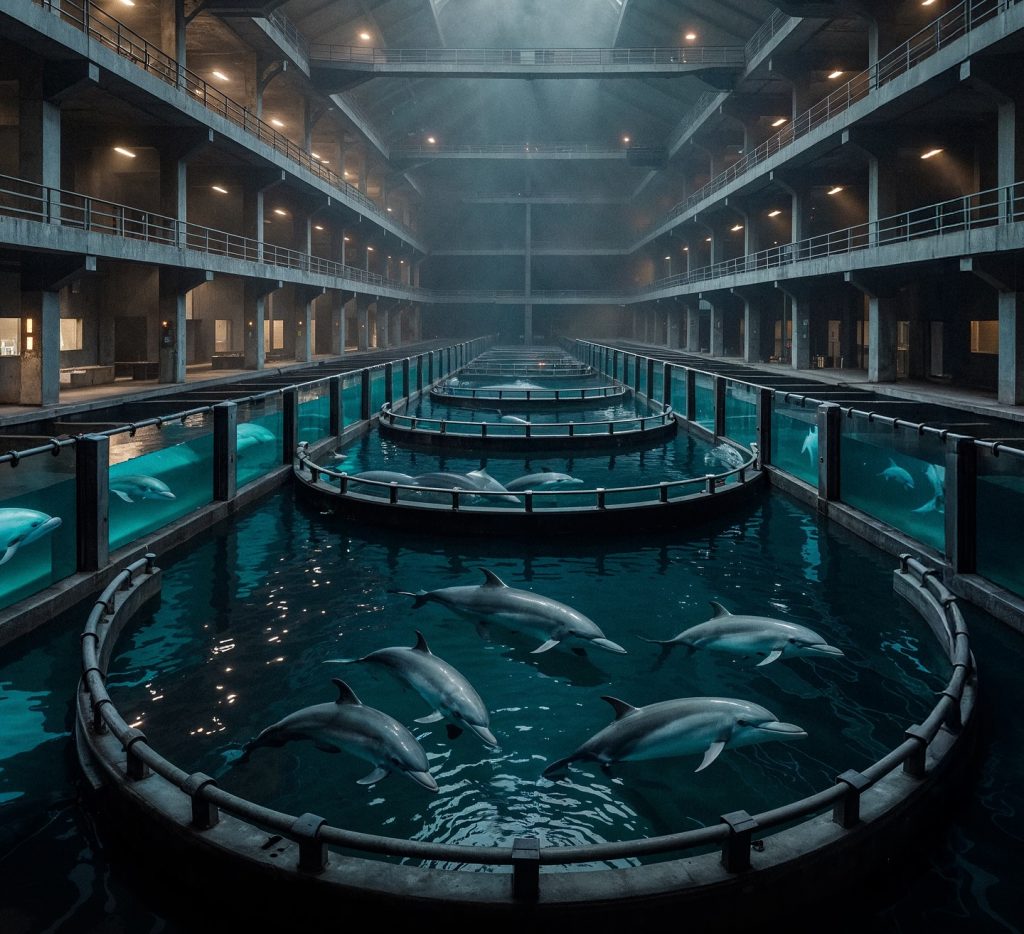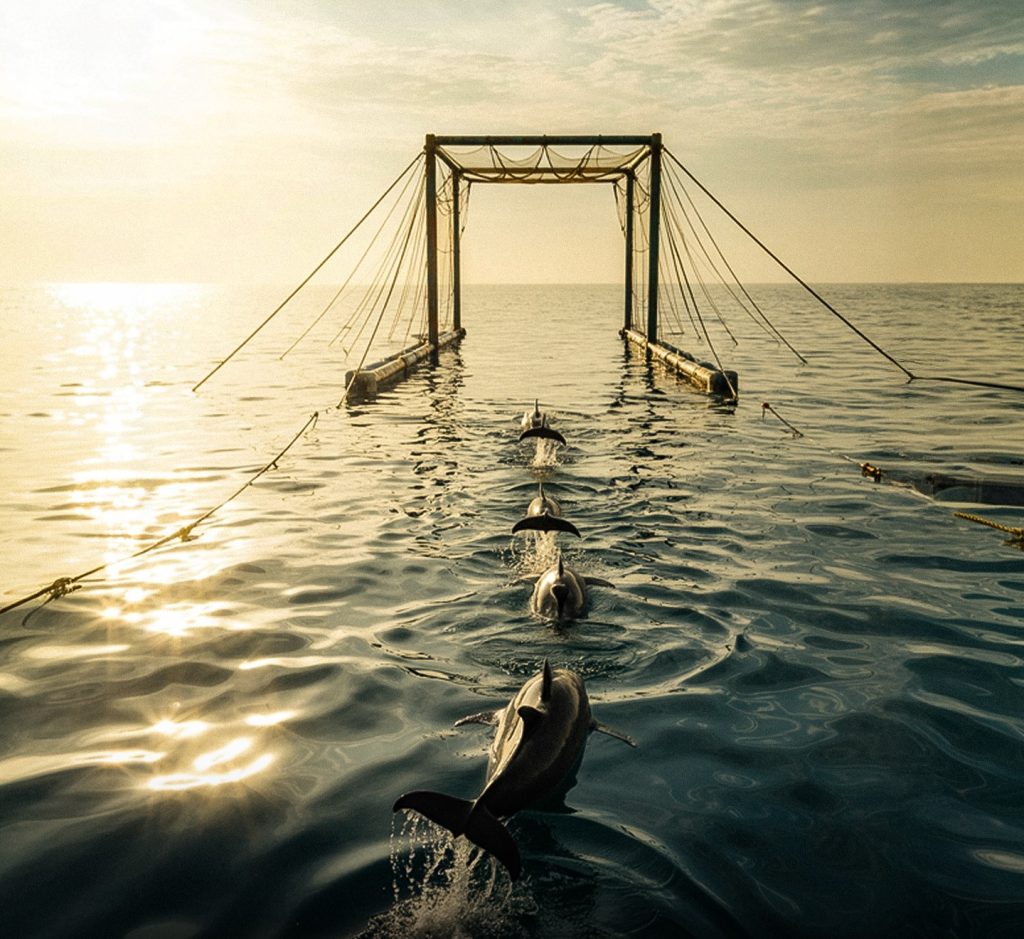Mexico Has Banned Using Dolphins For Entertainment And 350 Will Be ‘Set Free’
350 Dolphins Kept In 30 Facilities Will Be Retired From Shows

The numbers tell their own story. Across Mexico, around 350 dolphins are currently housed in 30 different facilities. That’s hundreds of lives that will change in the coming months. Imagine the silence in those arenas once filled with clapping audiences, or the stillness in tanks where dolphins once leaped on command.
For many of these dolphins, it will be the first time they experience a life not dictated by schedules, whistles, or choreographed shows. Some will touch ocean water for the first time in years. Others will finally live in larger, more natural environments where they can interact with each other without being constantly watched.
It’s impossible not to think about what this means emotionally — for the dolphins and for us. These are animals who have been symbols of joy and playfulness, yet their joy came at a cost. Now, Mexico is rewriting that story, ensuring their playfulness is no longer for profit, but for themselves.
Parks Have 90 Days To Submit Plans And 18 Months To Relocate The Dolphins

Of course, setting dolphins free is not as simple as opening a gate and letting them swim away. Many of these dolphins were born in captivity and have never known life in the ocean. Others were captured long ago and may not have the skills to survive on their own. That’s why Mexico has set up a clear timeline: marine parks and facilities have 90 days to submit relocation plans and up to 18 months to make it happen.
This transition period is crucial. It means dolphins won’t just be dumped into the ocean without preparation. Instead, experts will work to relocate them to sanctuaries, ocean enclosures, or rehabilitation programs where they can adjust gradually. Some may eventually be released fully into the wild, while others may live in protected areas where they can enjoy the sea without being forced to perform.
It’s a careful balance between freedom and responsibility, and while challenges remain, the fact that the law has made this a priority is already a massive step forward.

